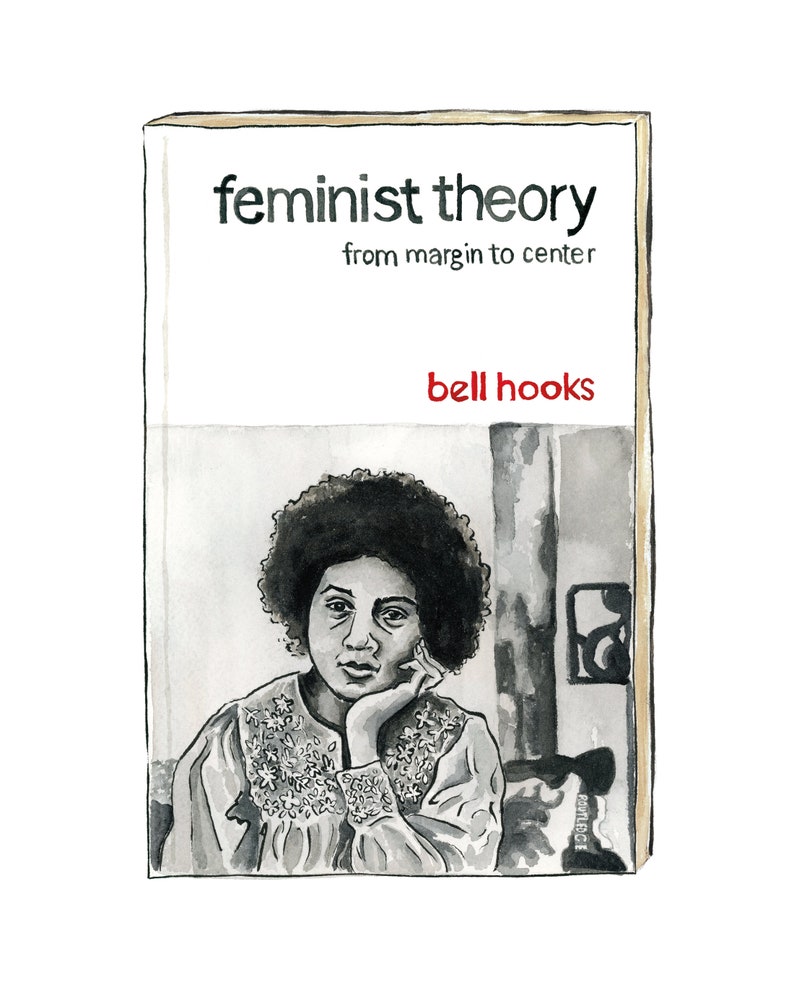
hooks describes the gaze of a black body as repressed, denied, and ultimately interrogating. The concept was first developed as a critique of film theory by bell hooks in her essay "The Oppositional Gaze: Black Female Spectators".

The oppositional gaze encompasses modes of looking that employ reflexive gazes such as:

Hooks' essay is a work of feminist film theory that criticizes both the male gaze through Michel Foucault's "relations of power" and the prevalence of white feminism in feminist film theory. As hooks states, white slave-owners would punish their slaves regularly simply for looking at them. She described her town as a "world where folks were content to get by on a little, where Baba, mama's mother, made soap, dug fishing worms, set traps for rabbits, made butter and wine, sewed quilts, and wrung the necks of chickens.The "oppositional gaze", first coined by feminist, scholar and social activist bell hooks in her 1992 essay collection Black Looks: Race and Representation, is a type of looking relation that involves the political rebellion and resistance against the repression of a black person's right to look. I will not bow down to somebody else's whim or to someone else's ignorance."īorn Gloria Jean Watkins on September 25, 1952, bell hooks grew up in Hopkinsville, Kentucky. Notable Quote: "I will not have my life narrowed down.Published Works: "Ain't I a Woman?: Black Women and Feminism," "Feminist Theory: From Margin to Center," "Talking Back: Thinking Feminist, Thinking Black," "Yearning: Race, Gender, and Cultural Politics," "Breaking Bread: Insurgent Black Intellectual Life" (with Cornel West), "Teaching to Transgress: Education As the Practice of Freedom," "Killing Rage: Ending Racism," "All About Love: New Visions," "We Real Cool: Black Men and Masculinity".




 0 kommentar(er)
0 kommentar(er)
